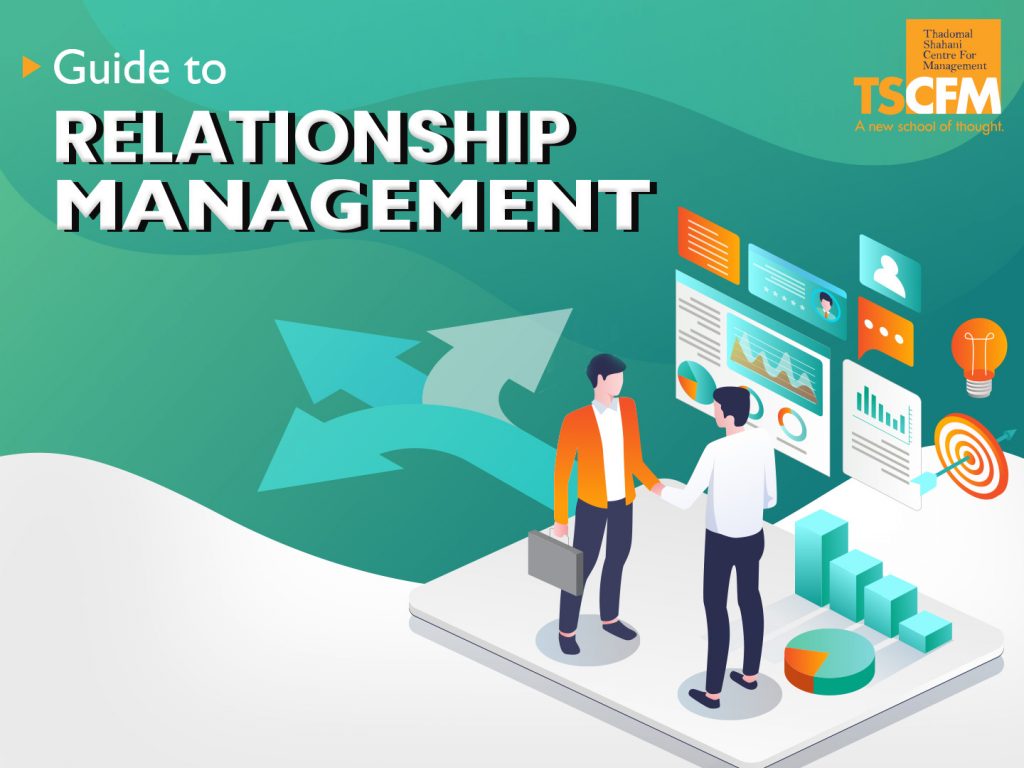CUSTOMER RELATIONSHIP MANAGEMENT
(Customer Relationship Management)

Customer Relationship Management
duration: 3 Months
Customer Relationship Management (CRM) is a strategic approach to managing interactions with current and potential customers. It involves using technology and processes to: 1. Collect and analyze customer data 2. Understand customer needs and preferences 3. Enhance customer experience 4. Build strong relationships 5. Improve customer retention 6. Drive sales and revenue growth
Enrol NowDescriptions
Key CRM Features: 1. Contact management 2. Sales force automation 3. Marketing automation 4. Customer service and support 5. Analytics and reporting
Benefits: 1. Improved customer satisfaction 2. Increased loyalty and retention 3. Enhanced sales and revenue 4. Better decision-making 5. Streamlined operations Goals: 1. Deliver personalized experiences 2. Build long-term relationships 3. Drive business growth By implementing CRM, businesses can foster strong relationships, drive growth, and stay competitive in today's market.
-
Table of contents for Customer Relationship Management (CRM):
I. Introduction
- Definition of CRM
- Importance and Benefits
II. Understanding Customers
- Customer Segmentation
- Customer Profiling
- Customer Needs and Expectations
III. CRM Strategies
- Customer Acquisition
- Customer Retention
- Customer Loyalty
- Customer Engagement
IV. CRM Process
- Lead Management
- Contact and Account Management
- Sales Force Automation
- Marketing Automation
- Customer Service and Support
V. CRM Technologies
- CRM Software and Platforms
- Cloud-Based CRM
- Mobile CRM
- Social Media Integration
- Data Analytics and Reporting
VI. Sales Force Management
- Sales Team Management
- Sales Performance Management
- Sales Forecasting and Pipeline Management
- Sales Enablement and Content Management
VII. Customer Service and Support
- Customer Support Channels (Email, Phone, Chat)
- Ticketing and Issue Management
- Knowledge Base and FAQ Management
- Customer Feedback and Survey Management
VIII. Marketing Automation
- Lead Generation and Nurturing
- Email Marketing and Automation
- Lead Scoring and Grading
- Marketing Analytics and Reporting
IX. Data Management and Analytics
- Data Integration and Migration
- Data Quality and Cleansing
- Data Analytics and Reporting
- Predictive Analytics and Forecasting
X. Implementation and Management
- CRM Implementation and Integration
- CRM Training and Adoption
- CRM Maintenance and Support
- CRM Best Practices and Optimization
XI. Conclusion
- Summary of Key Points
- Future of CRM and Emerging Trends
